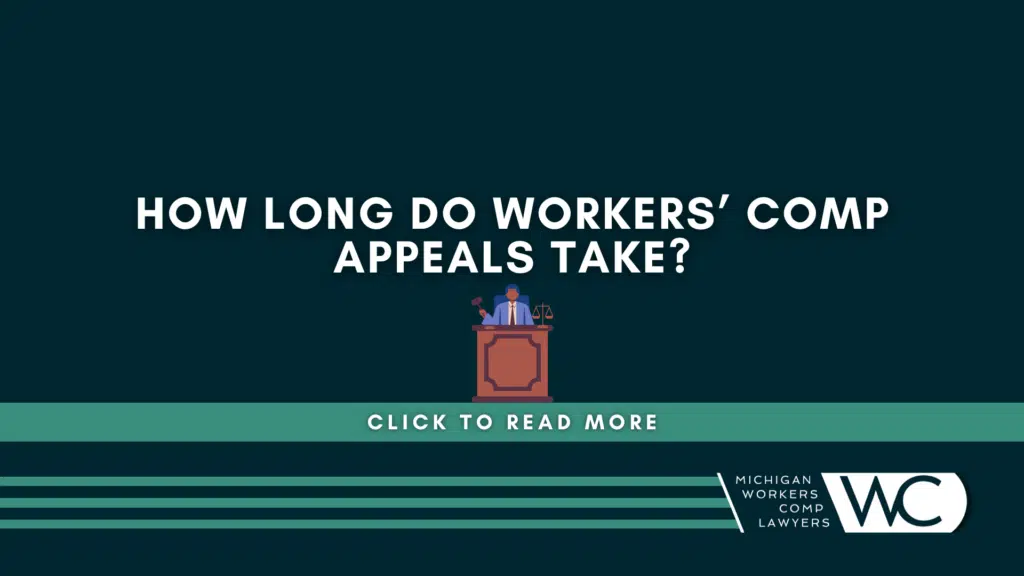What every out-of-state attorney needs to know about workers’ comp in Michigan.
Here is something you might not know about workers’ comp in Michigan. An employee who has already received payment in another state can still make a claim. The employer or insurance carrier gets a credit but additional benefits could be available.
Michigan is considered a wage loss state and requires payment if an employee is disabled and unable to work. We have no impairment ratings and benefits do not automatically stop when a person reaches MMI.
So what does this mean for your clients? They could be leaving money on the table. Here are some issues to watch for when evaluating a potential Michigan claim.
Jurisdiction
Michigan workers’ comp is available for an out of state injury occurring after January 13, 2009 if either the employee is a resident at the time of injury or the contract of hire was made in the state.
Services are considered employment after January 1, 2013 if performed by an individual whom the Michigan Administrative Hearing System (MAHS) determines to be in an employer-employee relationship using the 20-factor test announced by IRS ruling 87-41. This is similar to the old economic reality test.
Payment of lost wages
Improper payment of wage loss benefits is a common problem. Employees should receive 80% of their after-tax average weekly wage. This works out to be approximately 60% of gross, subject to a state maximum of $805.00 per week in 2014.
Insurance companies use “wage earning capacity” to unfairly reduce or stop benefits. This is accomplished with a biased vocational assessment. Any unfair decision can be challenged in court.
Specific loss benefits are available regardless of whether an individual returns to work. For example, the loss of a hand equals 215 weeks of wage loss.
Payment of medical benefits
Employees are allowed to select their own doctor after 28 days. All reasonable and necessary medical treatment should be covered. Mileage to and from doctors will be paid.
Family members can receive payment up to 56 hours per week for providing attendant care services. Home and vehicle modifications are also available.
Cash settlements
Many employees choose to end their workers’ comp case with a lump sum cash payment. This allows them freedom to do their own medical and vocational rehabilitation. Attorney fees are just 10% if benefits are currently being paid.
We get cases from around the country and always pay a 1/3 referral fee. To speak with a workers’ comp attorney in Michigan, call (855) 221-2667 for a free consultation.
– Alex Berman is the founder of Michigan Workers Comp Lawyers. Hes been representing injured and disabled workers exclusively for more than 35 years. Alex has helped countless people obtain workers’ comp benefits and never charges a fee to evaluate a case.
Related information:
Contact our Michigan workers comp lawyers
– Photo courtesy of Creative Commons, by 401(K) 2013.


